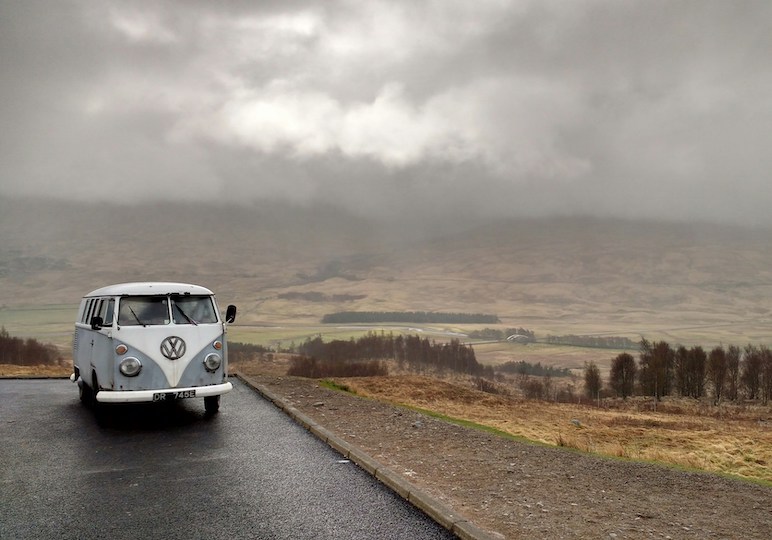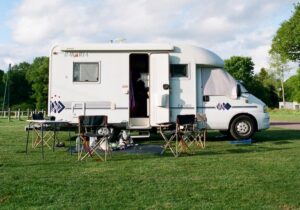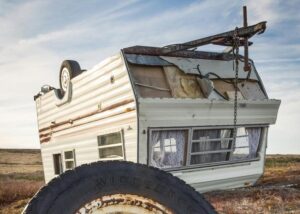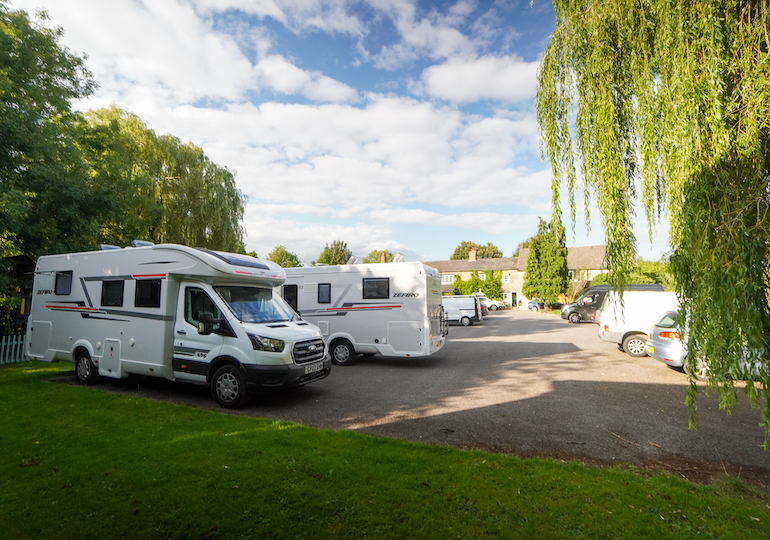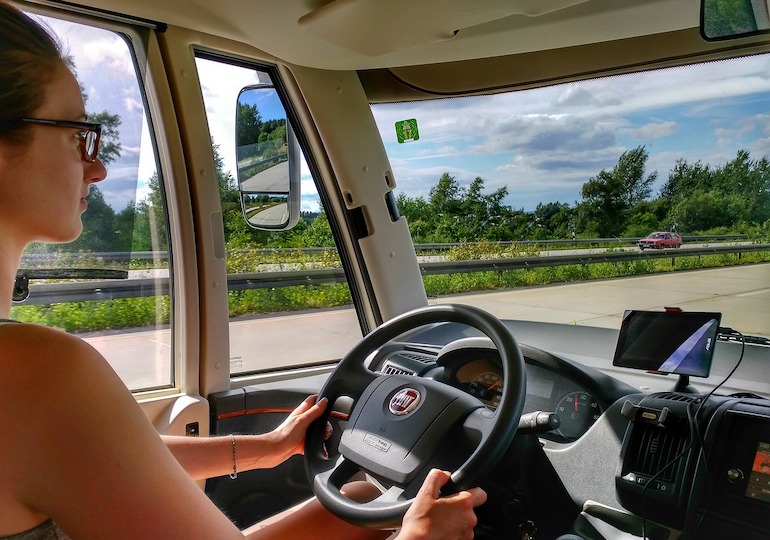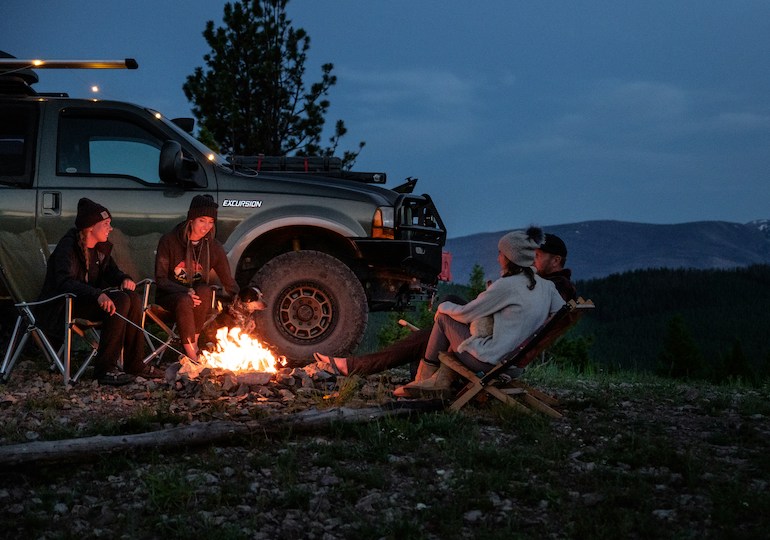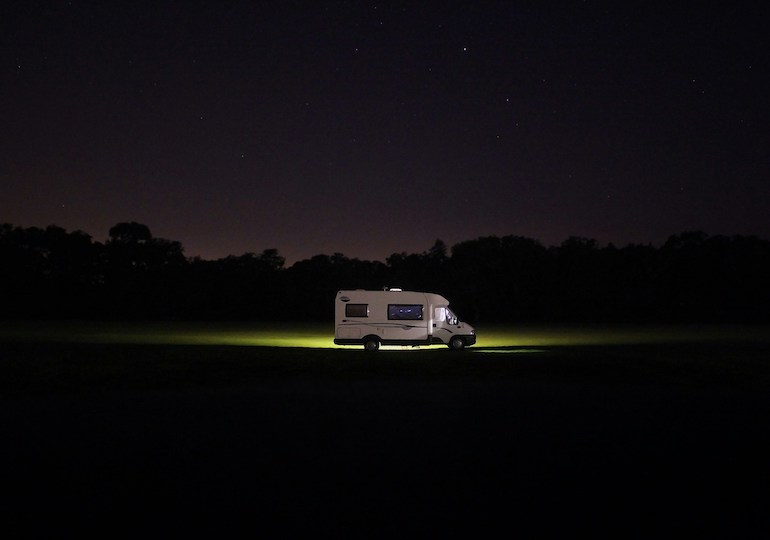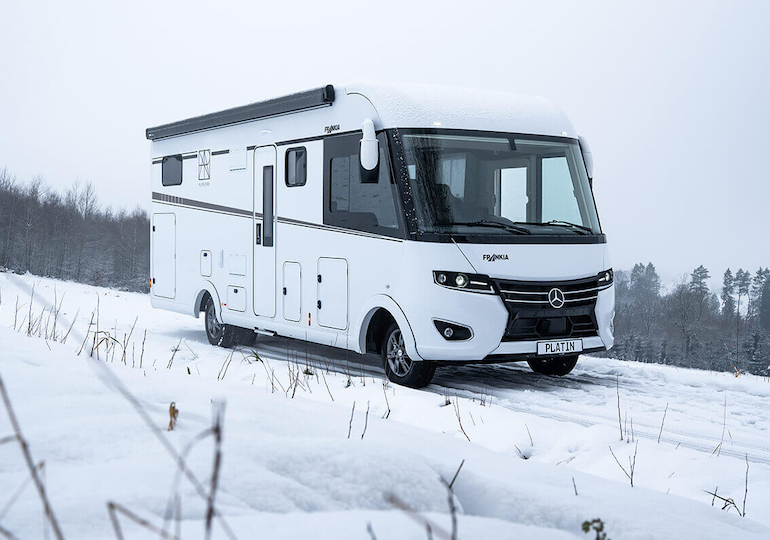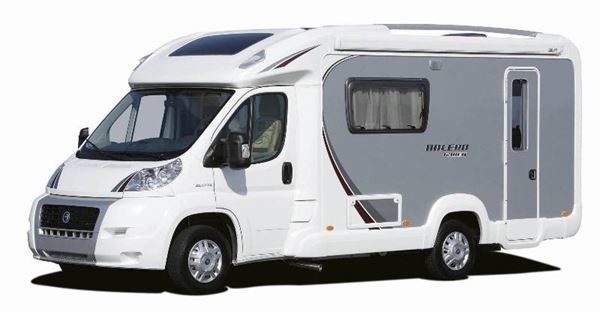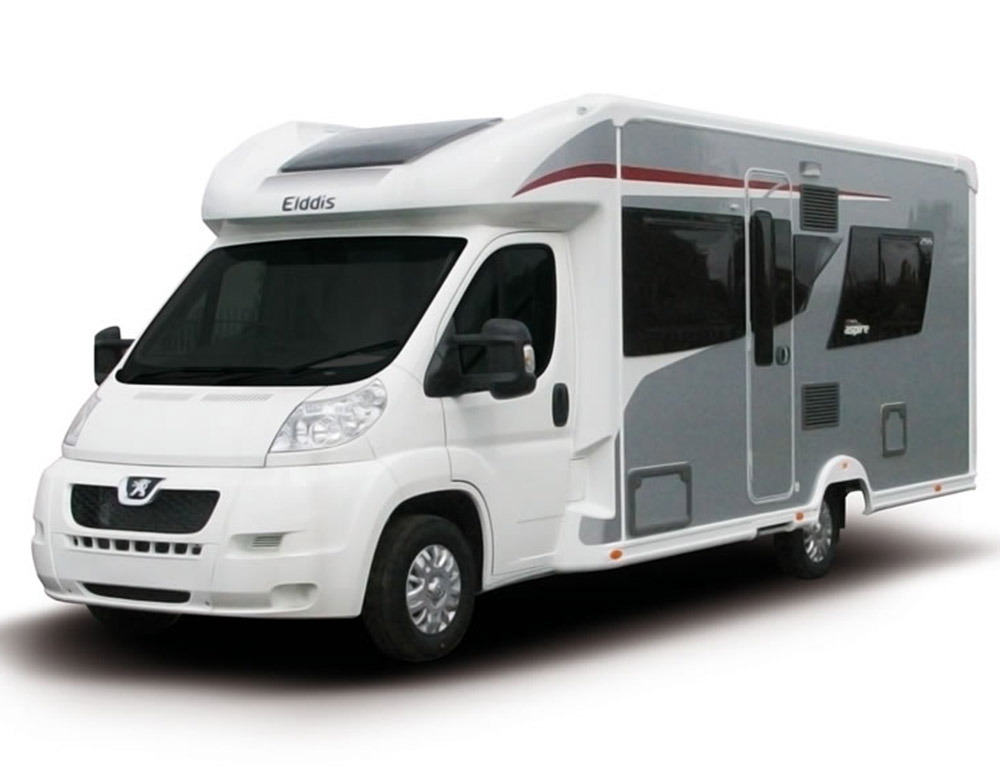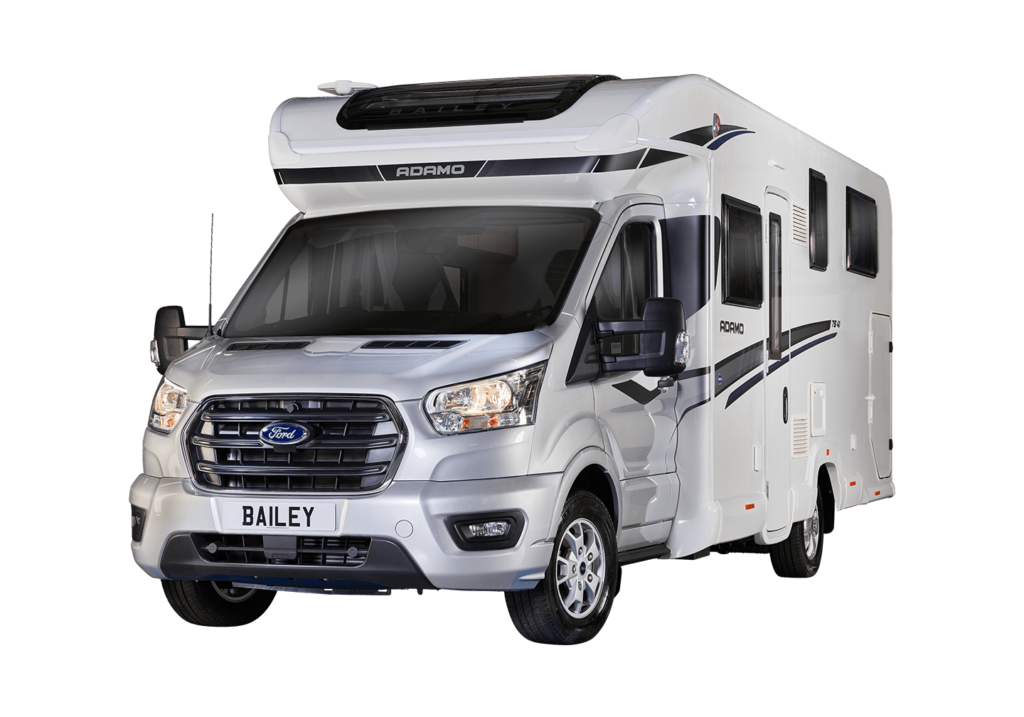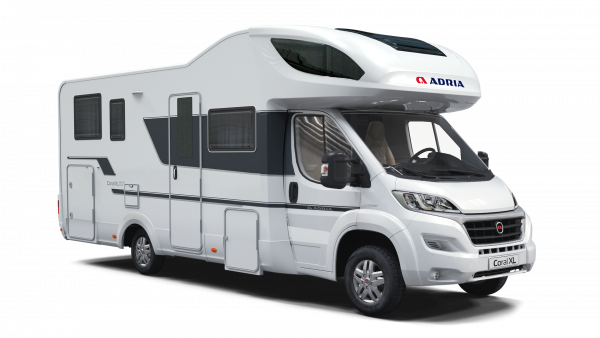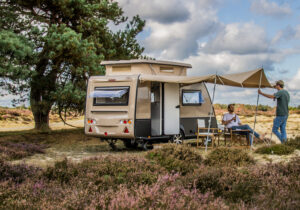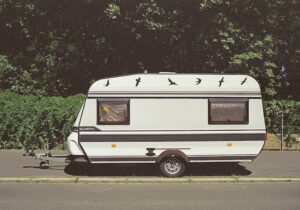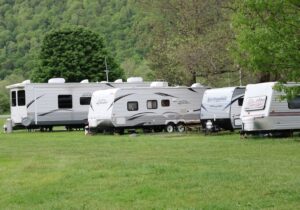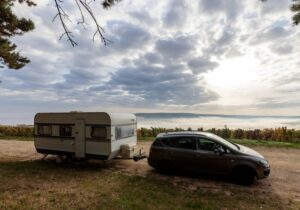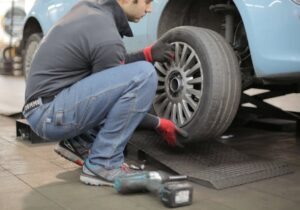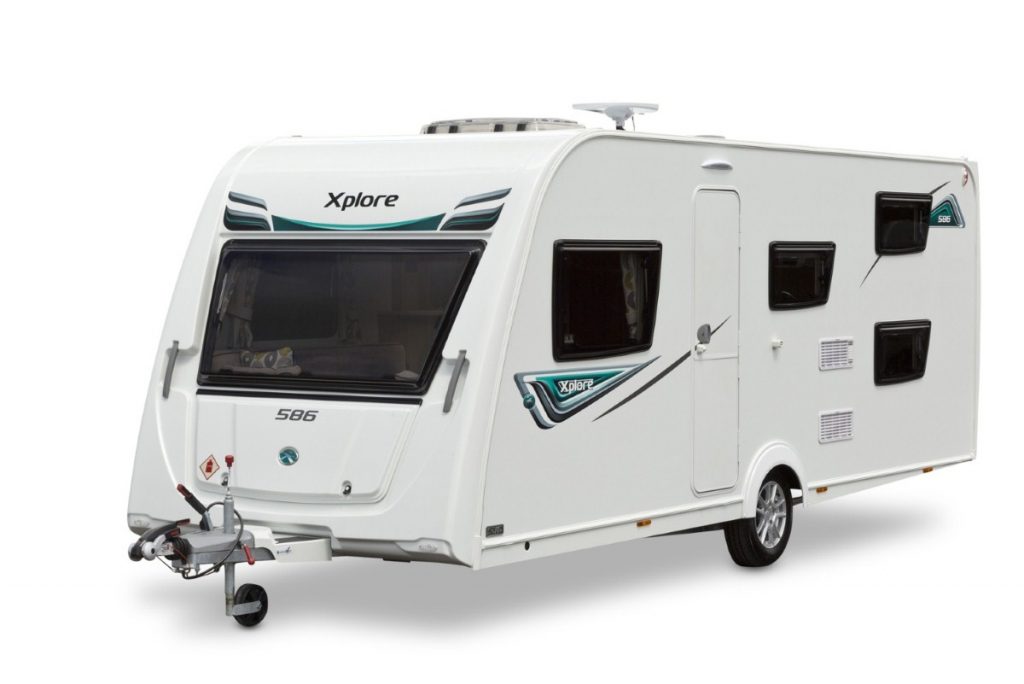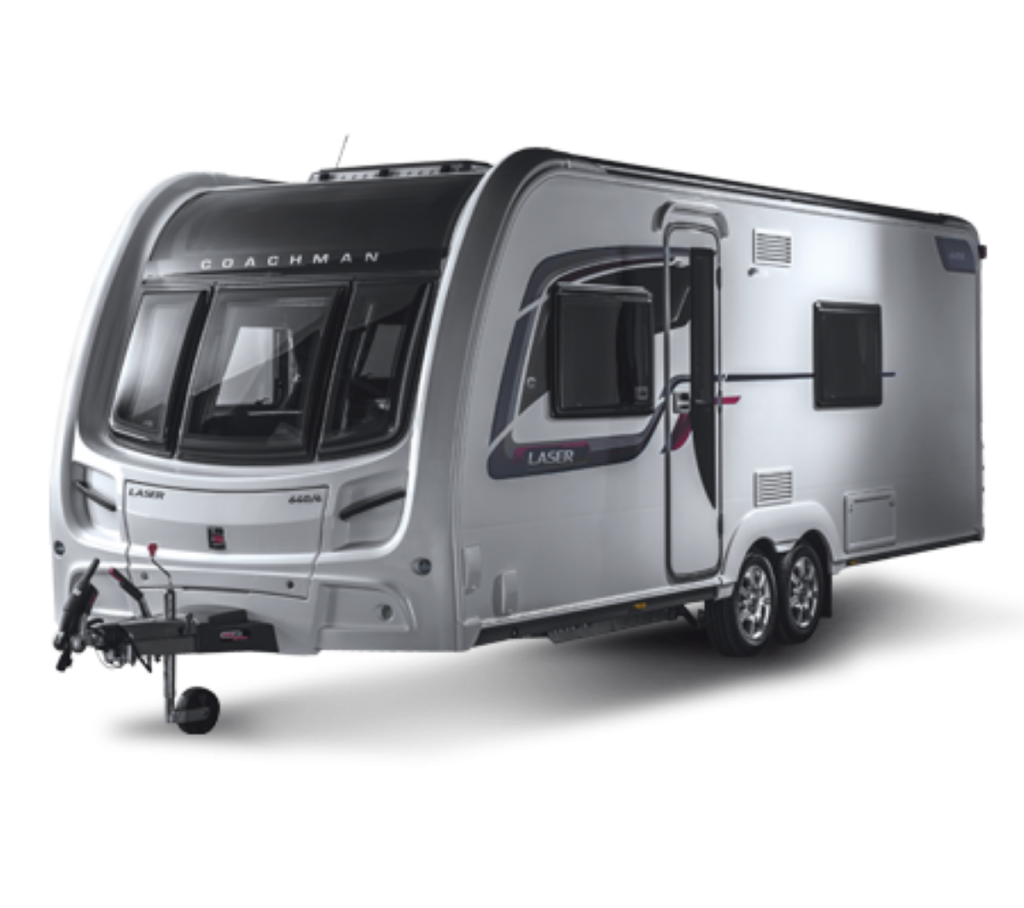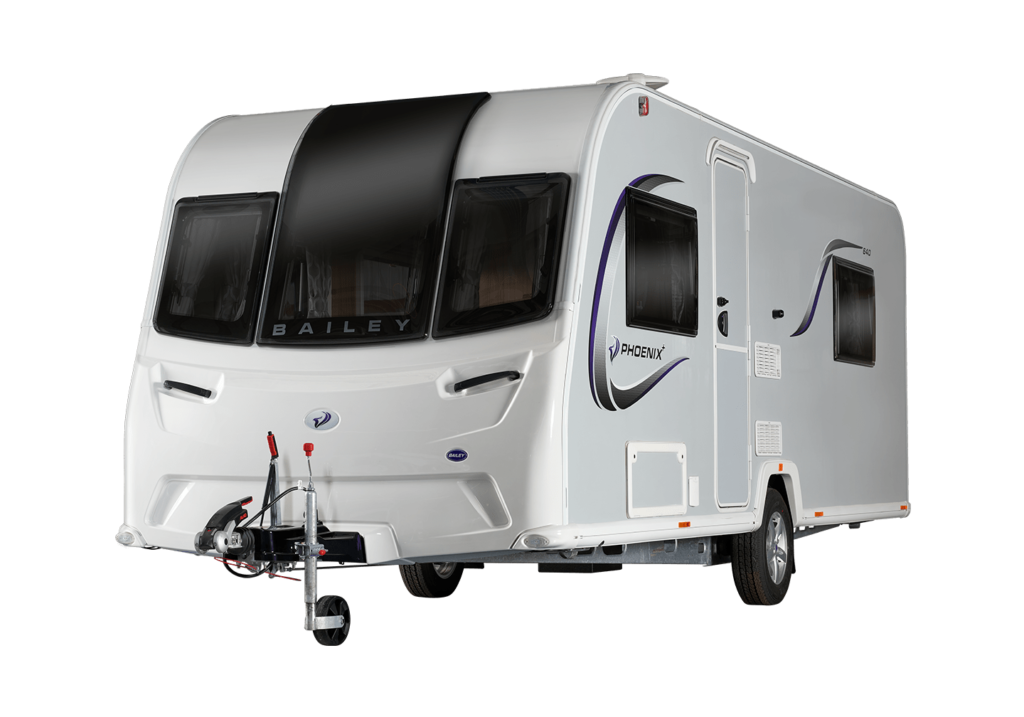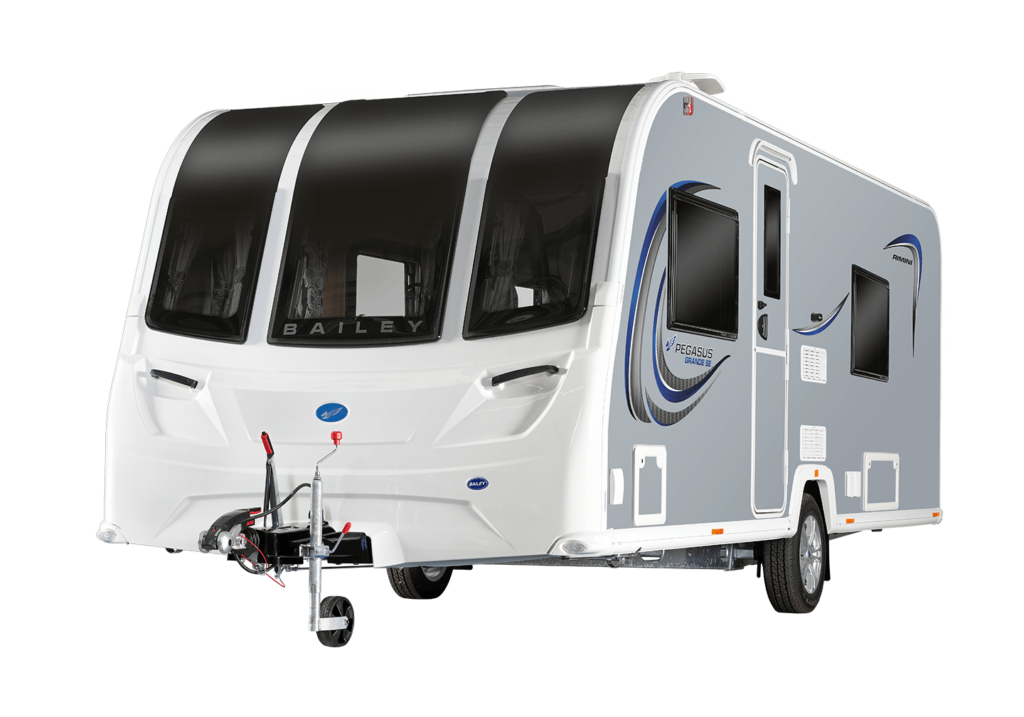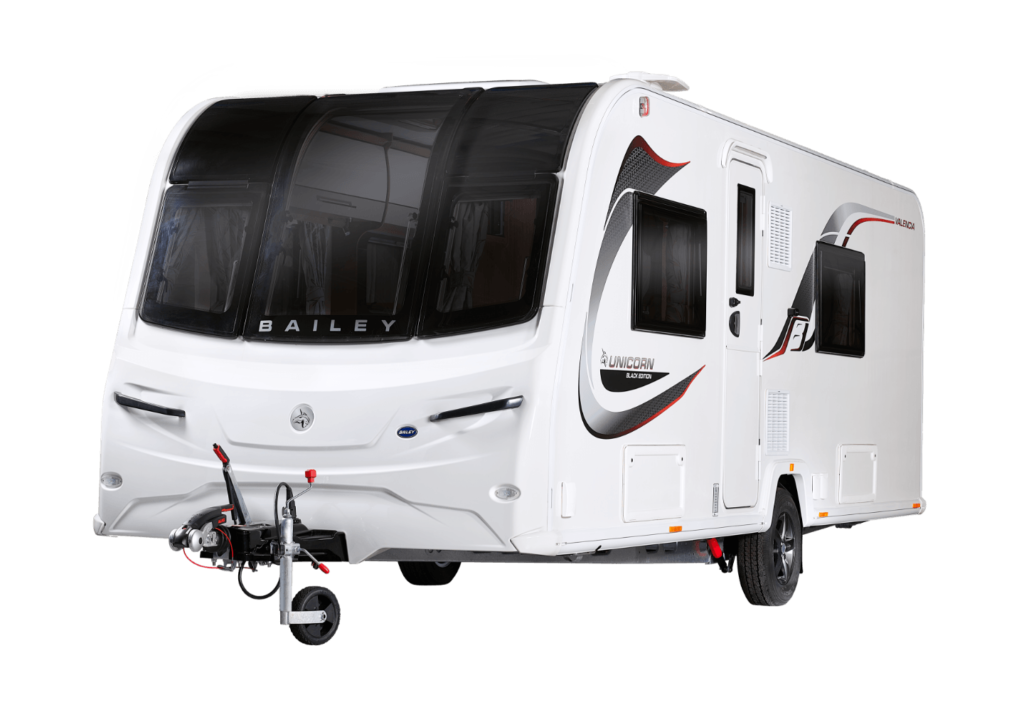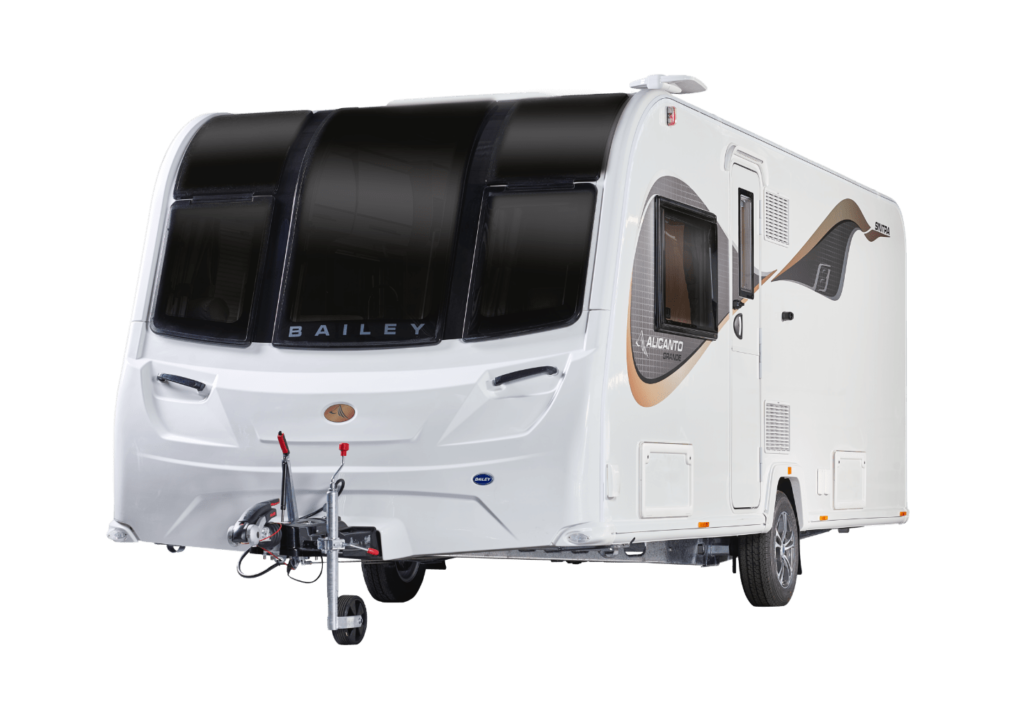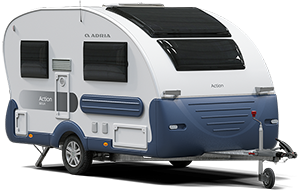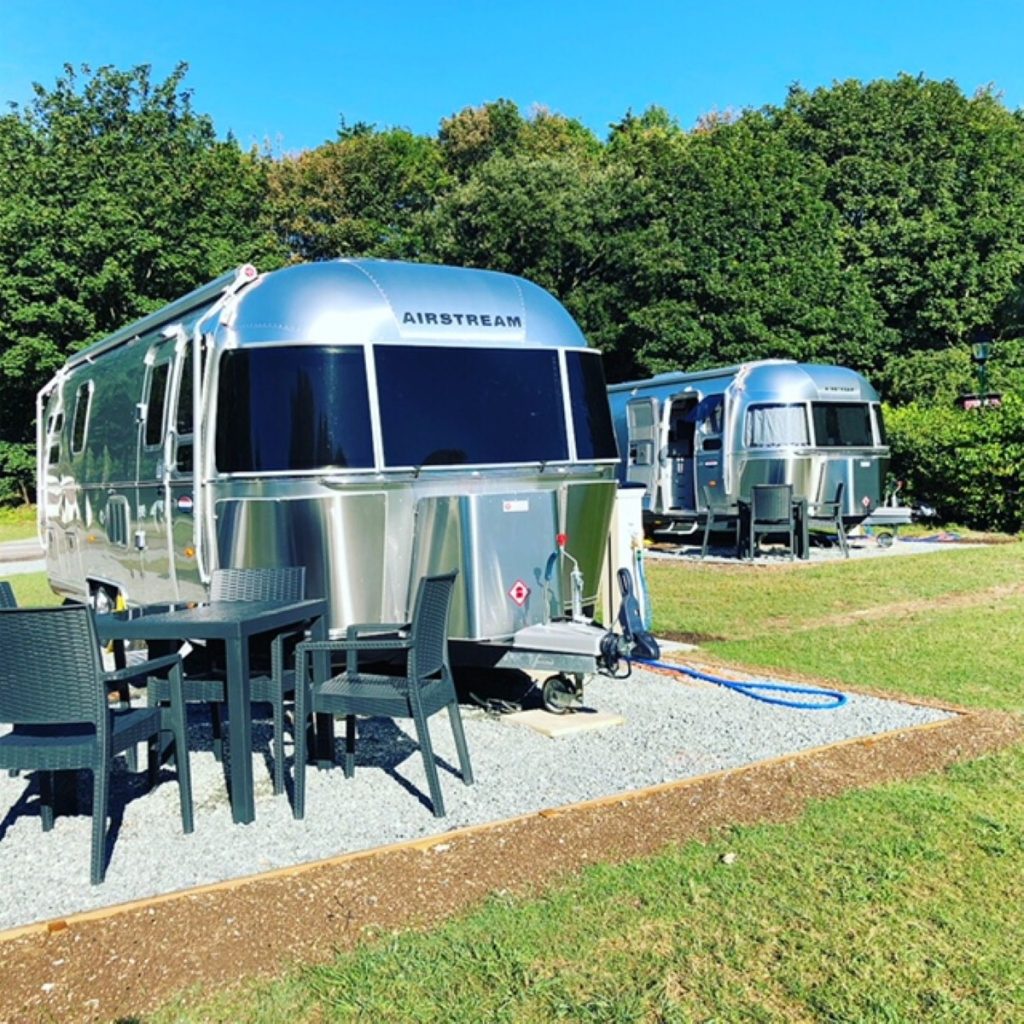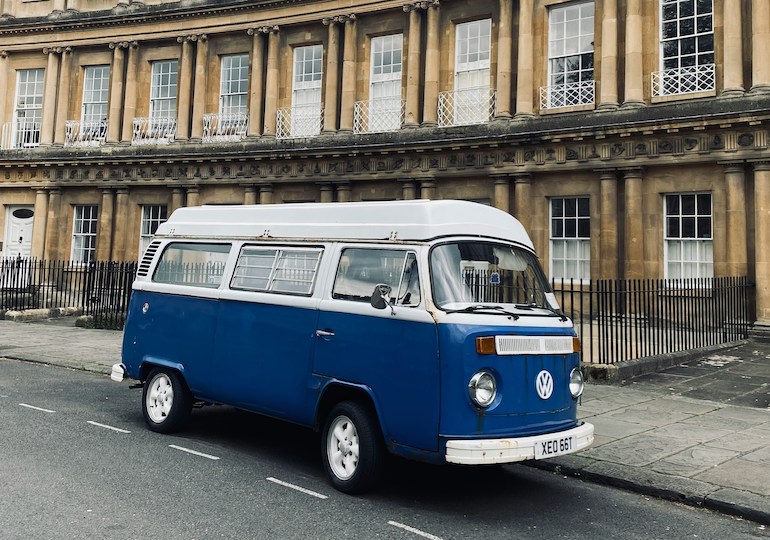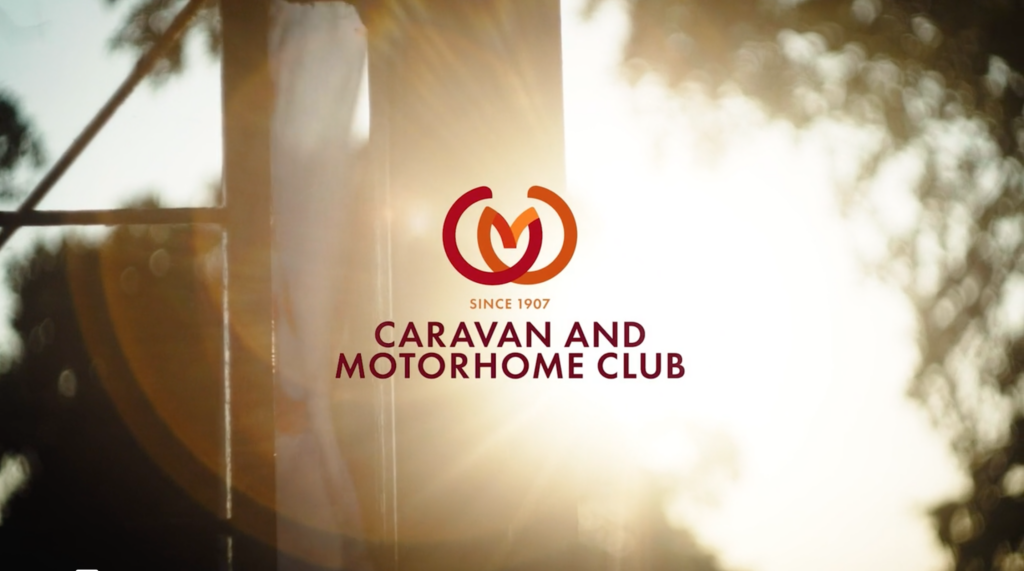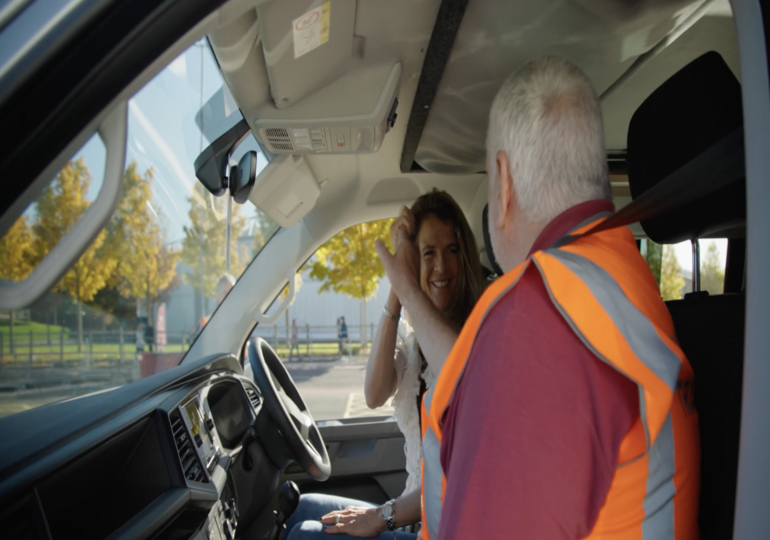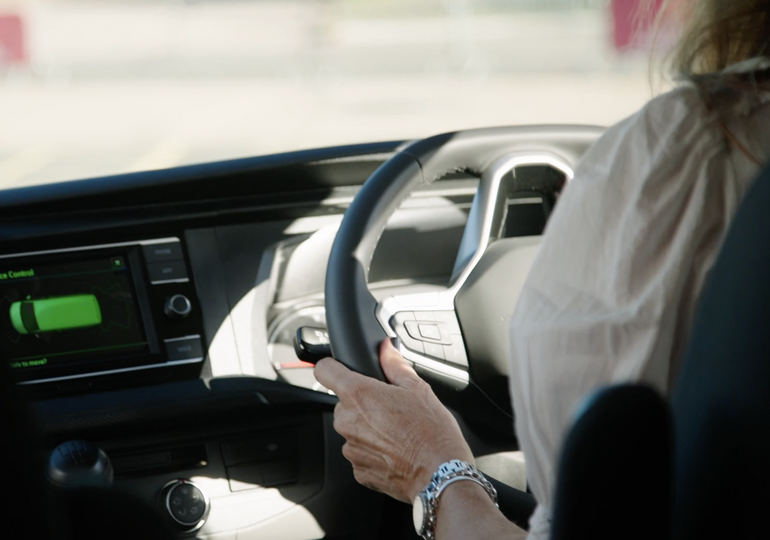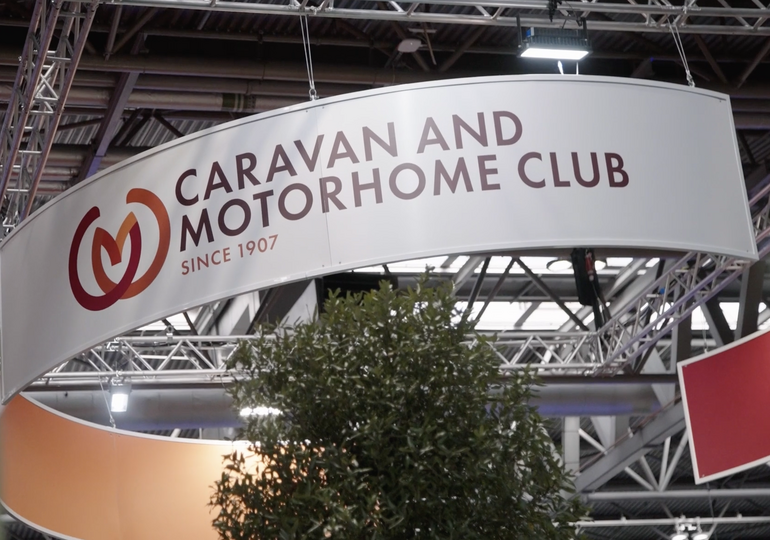Dan Cartwright has over 12 years of experience in the caravan and motorhome industry. He is a judge for a number of prestigious leisure vehicle awards and regularly heads off in his motorhome with his family. Every week, Dan shares his insights with the community. Here’s what he has to say this week.
There are no Parkers guides for campervans and the category is such a diverse group of leisure vehicles, making it very hard to put a valuation on second hand models that come to market. Even those based on the same base vehicle can vary in cost new to a magnitude of times two.
So when it comes to valuing a second hand campervan, it’s a bit of a minefield. Perhaps you’re in the market to purchase one and are looking to understand what constitutes value. Or maybe you’re selling yours and need to know where you should be pricing it at.
Trying to work out the exact value to sell or to purchase at is a real nightmare. It’s worth remembering that anything is only ever worth what somebody is willing to pay for it. There is no magic formula, equation or spreadsheet for this – that simply doesn’t work in the campervan field.
There are very few benchmarks and there’s certainly no right or wrong price, making it very difficult to come up with an exact figure. So, here are some of the things you’ll want to consider when working out a valuation:
Start with the base vehicle
Take the year, model and engine of the base vehicle, bearing in mind there’s a reasonable amount of variation in base vehicle prices. Even if the engine’s the same, there’s always things like interior/exterior trim and integrated features like reversing cameras to take into consideration.
If you’re comparing a number of campervans, always start with the base vehicle and work out which was the most expensive to start with.
How the campervan was converted
There are some amazing self converters, but there are also some less skilled self converters and until you’ve lived with a campervan, it’s very difficult to understand all the gremlins there might be in the habitation setup.
I’d always value a campervan that’s come from a known converter higher than one that comes from somebody who did it themselves. I justify this by the fact that a mass manufacturer will usually build a prototype that has a multitude of issues.
The design team has designed a model, which has then been built by the construction team and then the period of change commences. This is when they work out why certain components aren’t working or could be improved.
Those problems with the prototype are then all sorted out before going into mass production. Ultimately, a self converter won’t have the level of luxury to rebuild once they’ve discovered what doesn’t work. It will have some workaround systems that they’d have done differently if they were to build it again.
Specifications of basic utilities
Big expensive components in the habitation area allow you to live in your campervan. These include the heating and hot water system, which could be run on electric, gas, diesel or a combination. Find out if it’s from a known manufacturer, as most retailers will fix issues, even if it’s outside of warranty.
Fridges and cookers need to be specifically made for leisure vehicles, as domestic-style appliances are not appropriate, making too much noise and having different electrical loads. A proper leisure vehicle fridge costs thousands as opposed to a £100 alternative from the high street.
Specialist equipment
If you want or need off-grid capability, you’ll be looking for lithium ion batteries and solar panels, which are much cheaper to buy in a second hand vehicle than a brand new one. Make a list of what you want and add an appropriate value for this specialist equipment.
Dealers and aftercare
Whether you buy through a retailer or private will have an effect on the price and the service you receive. It’s easy to see something similar to your own campervan at a dealership when you’re valuing yours and assume it’ll be worth the same.
Unfortunately, it doesn’t work like that. Selling on the private market offers a much larger reduction in the value than there is in the dealership world. The reason for this is that the dealers will offer some form of aftercare.
Good ones will have checked, serviced and tested campervans before putting them on the market. So, a lot of the things that could be wrong with a leisure vehicle will already have been identified and fixed. The aftercare offered can be really helpful if you discover issues once you’ve driven off the forecourt.
This means that buying from a dealer adds a premium to the price to the tune of 20 or 30 per cent. It comes with ease of use, which many people will decide is worth paying for. Falling in love with something being privately sold means you may have to use the money you saved to fix any issues and live with some things you’d potentially want done differently.
Take all of this into consideration but also decide if this is the right layout for you. With so many makes, models and specifications around, it’s about setting your expectations for what you need and how much you’re prepared to pay.
Photo credit: Unsplash/Florian Schreiber

